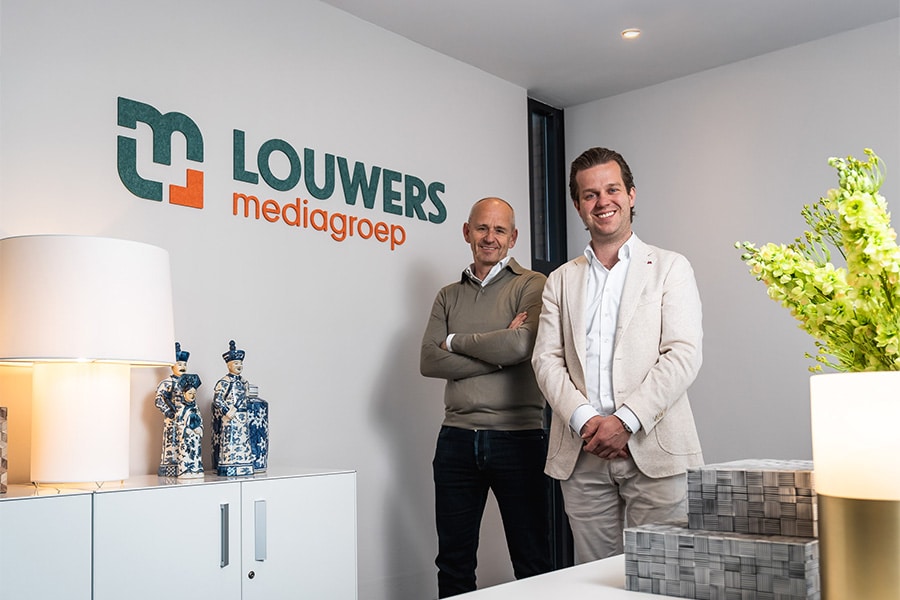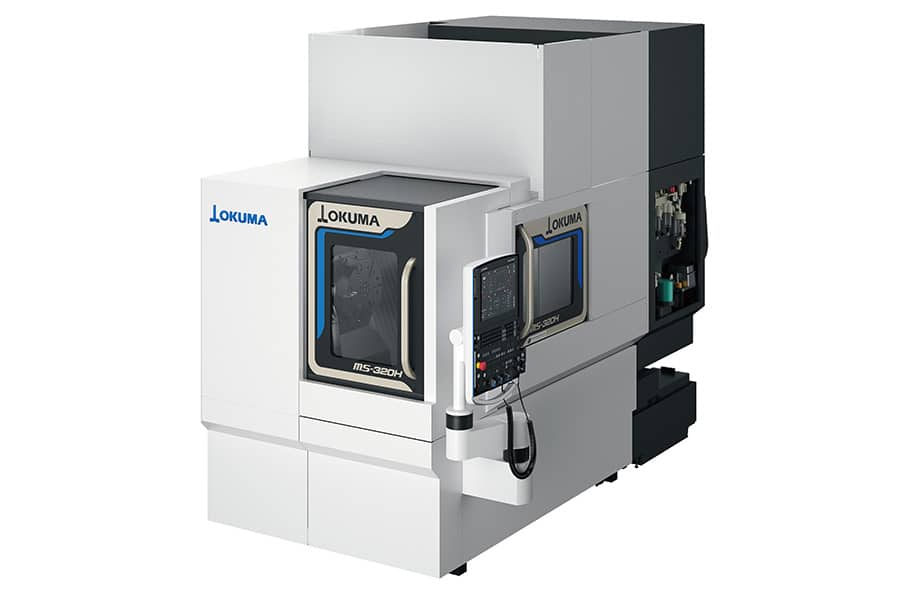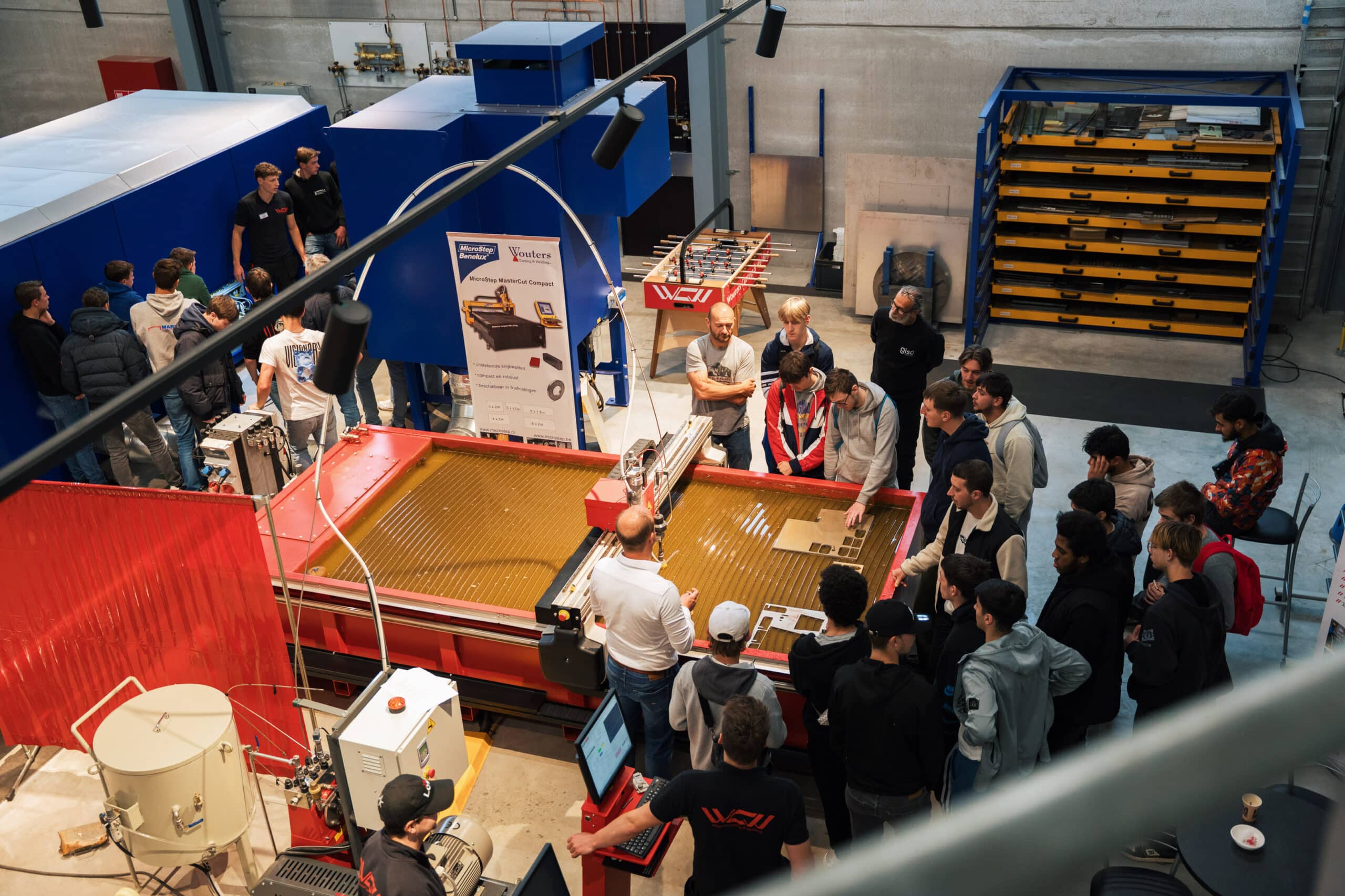
Restoring competitive advantage with innovations
EMO, one of the world's leading trade fairs, showcases innovative technologies in new application areas
The mood in the manufacturing sector could be better. A weak global industrial economy, geopolitical tensions and trade conflicts, as well as structural challenges, are increasingly weighing on European manufacturers of industrial goods. It is no wonder that Germany, as the third-largest mechanical engineering company in the world, is also heavily affected. Generally weak demand and the slowdown in China are weighing on this export-intensive sector in Germany.
The cautious economic outlook is also reflected in the latest figures from the VDW (German Machine Tool Association): incoming orders for German manufacturers fell by 23% in the first three quarters of 2024 compared to the same period last year. "The current order situation remains difficult," explained Dr. Markus Heering, managing director of the VDW. "The news from the automotive industry is a cause for concern." It remains one of our most important customers. However, the German machine tool industry last year supplied about 27 percent of its output to the automotive and automotive supply industry, which is 16 percent less than four years earlier. According to VDW, the transformation to electrically powered vehicles will lead to significantly less investment in machining technology.

Focus on new customer sectors - EMO provides the ideal platform
At the same time, other customer target groups are increasingly coming into the sights of machine tool manufacturers. With a share of about 30 percent, machine tool construction is now the most important customer sector for the first time. This includes companies from tool and die construction, the machine tool industry itself and manufacturers of agricultural machinery and components such as hydraulics and pneumatics, as well as drive technology. In addition, aerospace, electrical engineering and metal fabrication are becoming increasingly important sectors for machine tool manufacturers. The industry's share of rail vehicle construction, energy technology, precision mechanics and medical technology has also continued to rise.
As the world's leading trade fair for manufacturing technology, EMO is the perfect platform for suppliers of metalworking solutions targeting these customers. From September 22 to 26, 2025, the "Showcase of Innovations" will not only look back on 50 years of success. With its three focus themes of automation, digitization and sustainability, EMO offers a dedicated look at tomorrow's production. Applications for a very wide range of production technologies in numerous industries will attract interested visitors from all over the world to Hanover. Exhibitor interest in the upcoming anniversary fair is already high. More than 1,200 companies had already registered by the preliminary registration deadline in early December. For the organizer VDW, this is a clear signal that the EMO trade fair - as in the past - is a model for success even in times of crisis.
This is confirmed by Dr. Thorsten Schmidt, CEO of the Heller Group, headquartered in Nürtingen: "For decades it has been an indispensable place of inspiration and exchange for us - a real milestone for our industry." EMO connects people, ideas and technologies in a unique way. It enables us to strengthen long-term partnerships and establish new contacts. "Here we meet specialists from all over the world to talk about pioneering innovations, current challenges and the trends of tomorrow," Schmidt emphasizes. "We are particularly excited about the opportunity to present our latest developments to an international audience and play an active role in shaping the future of manufacturing technology."

Exhibitors see great potential in diversification
One of the exhibitors at EMO 2025 is Supfina, a manufacturer of surface finishing systems from Wolfach in Baden-Württemberg. The company sees great potential in new growth areas such as e-mobility and wind energy, as well as in sustainable production solutions. "Thanks to our broad positioning and diversified customer base, our sales remain on track," says Christoph Siegel, Managing Director of Supfina.
To counteract the effects of structural changes, particularly in the automotive industry, the company is investing in the digitization and automation of its processes. "We see this as a long-term opportunity to increase our efficiency and strengthen our competitiveness," Siegel continued. This includes ensuring success factors such as our decades of expertise in surface treatment, high quality standards and a strong culture of innovation. In this respect, Germany remains an important location for Supfina. Investment in technology and training in Germany is the basis for global success.
EMO traditionally provides Supfina with a perfect setting for presenting technological innovations. The company will present a completely new machine concept at the anniversary EMO to be held in the fall of 2025. The goal is to appeal to a broad customer base.

Germany as a success factor
For Datron, a provider of solutions for industrial milling and dispensing, "Engineered, Designed and Made in Germany" is also the basis for delivering quality. For the company from the southern German state of Hesse, this is the prerequisite for retaining satisfied customers worldwide and acquiring new ones. "Despite regulatory challenges and political hurdles, we are clearly committed to Germany as a business location and are investing around 40 million euros in a new technology complex," explains Michael Daniel, chairman of the executive board of Datron AG. The new facility will bring the company's four local branches with a total of 300 employees under one roof. Local shortages of skilled workers sometimes make it difficult to recruit and retain well-qualified workers in some areas. "But we remain committed to young regional talent and a strong company culture," Daniel reports. "So we are still well positioned in the competition for talent."
However, the difficult economic situation in the machinery and plant construction sector is having a noticeable impact. The ongoing structural change in the automotive industry has an indirect impact on Datron's customers, especially from the affected automotive supply industry. Although the company is fortunately not completely dependent on this important industry, the first half of 2024 recorded a decline of 4% in sales and 18% in incoming orders. This makes it crucial to tap into new market segments. EMO is a central platform for Datron to showcase both new and proven technology milestones and to obtain direct feedback from customers and users. At the last EMO, the main focus was on "Optimizing Efficiency," specifically on increasing the efficiency of existing machines and new automation solutions. And at the upcoming show, the company will address existing and potential new customers with improved technologies and enhanced functionalities for multi-axis milling.
Peiseler, a manufacturer of tapping tables, turntables, rotary tilting tables, swivel heads and workpiece cleaning tables, is overcoming constant structural changes with high-tech and consistently focusing on quality and high-tech even in today's difficult conditions. Like the rest of the industry, the Remscheid-based company has experienced a significant drop in incoming orders this year. The main reason is a drop in orders from customers who supply their machine tools to the automotive industry. However, Peiseler is also struggling with other structural obstacles. The company is experiencing increasing cost pressure in competition with suppliers from the Far East. This is due to high wage levels and expensive energy costs in Germany, as well as low wages and state subsidies available to Asian competitors in particular. In addition, increasingly complex approval processes due to export regulations complicate project handling.
"To counteract this, we consistently focus on technological innovations and high quality," emphasizes Arnd Kulaczewski, Managing Director at Peiseler. "Our solutions may not always be the most expensive, but they must be characterized by maximum precision and reliability." To become less dependent on the current situation in the automotive industry, the company is also working consistently to diversify its customer sectors. Peiseler is increasingly offering customized positioning solutions for the energy technology, aerospace, medical technology and robotics sectors. Other important application areas are in the field of additive manufacturing, where the company performs generative wire welding through individual and high-precision positioning of components, for example.

EMO as a place to demonstrate innovativeness
"EMO provides us with an appropriate stage to present our technologies and achievements to an international audience from different industries," Kulaczewski adds. "This is where we meet our customers and potential partners." Supfina director Siegel is of a similar opinion. For him, the fair is a "valuable platform to tap into new impulses from the industry." At the same time, it allows us to "demonstrate our innovative strength." The EMO fair is also very important for machine tool manufacturers, Datron boss Daniel believes. This is because it not only has a huge reach, but also provides the opportunity to "consolidate our position as an innovator and ambitious player in the global competitive environment." For VDW as an organizer, these reviews are an important confirmation that EMO, one of the world's leading trade fairs, has been the right platform for the industry for 50 years. This is all the more true in light of the current challenges, combined with the confidence that the EMO trade fair will once again prove to be a model of success for its exhibitors and visitors.



